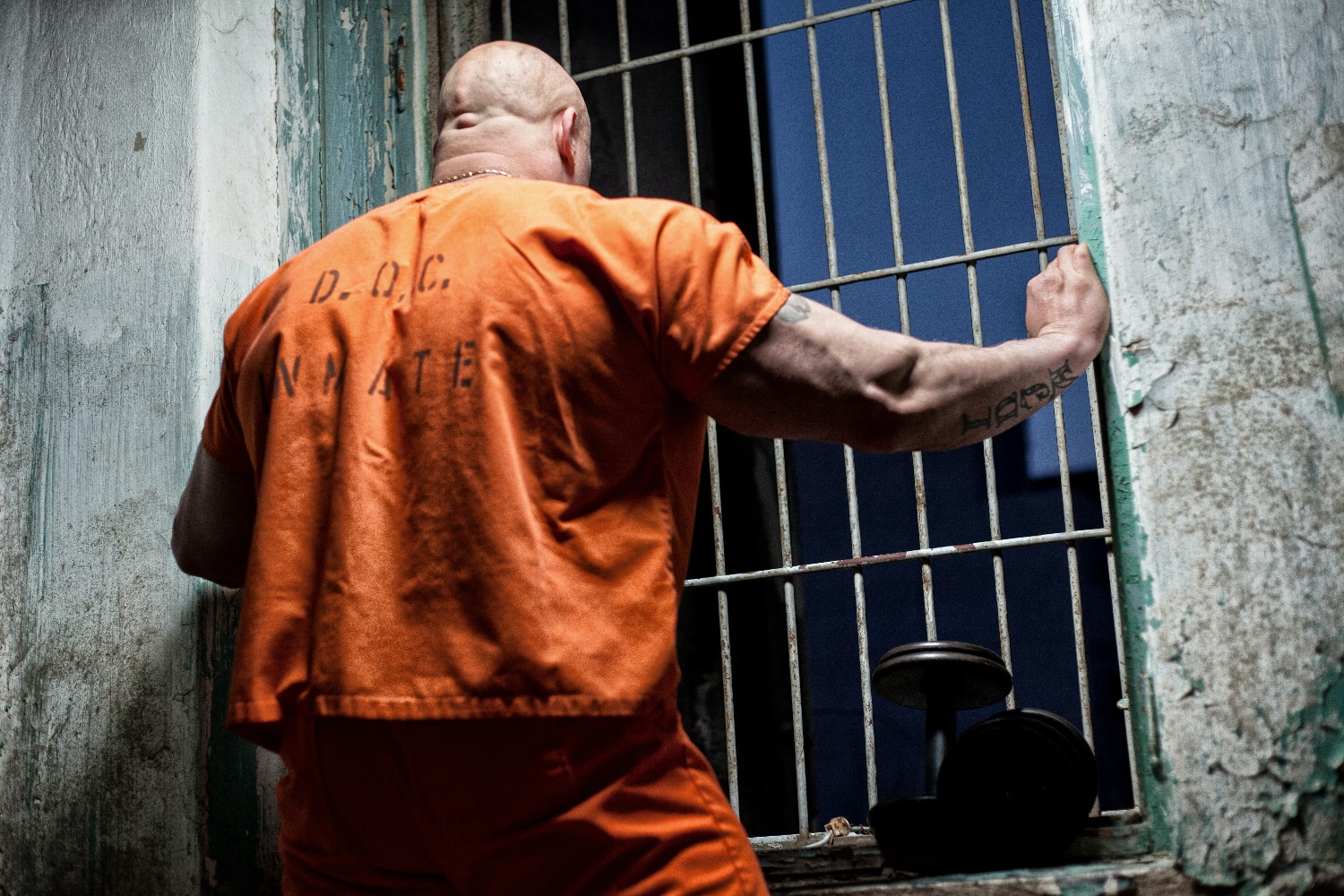Addiction is a disease and should not be penalized, but treated with the right rehabilitation programs and counseling so that the individual can learn to control their addictions as well as heal impulsive behaviors that lead to, or result from, addiction. It is important to remember that seeking treatment should be something that is applauded and can benefit society as a whole.
Understanding Addiction As a Disease
The first thing that we need to consider when talking about the treatment or penalization of addiction is to bear in mind that addiction is a disease. Various studies have found that addiction is a chronic and progressive brain disease that, left unattended to, is largely outside of an individual’s control.
As well as addiction being a disease, the repeated use of drugs or alcohol can also lead to changes in the structure and function of an individual’s brain, ultimately resulting in them engaging in compulsive substance use.
It is also important to bear in mind that addiction is a progressive disease, often worsening over time if left untreated. We should start to think of addiction as similar to other progressive diseases, such as diabetes, and ensure that individuals get the treatment they need to control and prevent the worsening of the condition wherever possible.
Addiction is hugely detrimental for the individual, but can not only be problematic for individuals but the society surrounding them as well. This is because the damage to brain structure through addiction can see the individual to lose control over the related behaviors that characterize addiction. Of course, it is partially the responsibility of the individual suffering from addiction to seek treatment for substance misuse and abuse. However, it also falls upon society to make sure that this treatment is available and easily accessible for the individual – the same as any other form of healthcare and medical treatment.
The Punishment of Addiction
Unlike other progressive diseases, people can be arrested for their addiction due to laws and rules that criminalize people for drug-related behavior (now seen as drug-related crimes). These crimes can vary from possession to use and other related activities. When addicts are arrested for drug-related crimes, they are faced with criminal penalties such as incarceration. It is important for us to consider whether punishing people for their addiction is genuinely useful for society or the individual.
When it comes down to it, studies and statistics show that drug use can actually increase while serving jail time and many people suffering from addiction will continue to use drugs within the jail and upon their release. This completely defeats the point of the rehabilitative element of jail time for these individuals. Often, they are not helped with their addiction while serving time and the surroundings simply encourage use.
The psychology behind jailed addicts’ continuing use, once they have been released, can be understood by saying that a behavior that is punished is likely to reappear after the consequences are withdrawn. On top of this, showing abstinence as punishment through imprisonment isn’t treatment and it doesn’t cure addiction. Instead, it can see freedom from incarceration as the freedom to use drugs again.
It’s also important to bear in mind that once individuals have been released from prison, they return to the same—or worse—pressures and stresses in life that they experienced before being jailed and that may have resulted in the initial use of drugs. Individuals can also find it more difficult to find work following release from jail, resulting in further stress and an increased likelihood to, again, use drugs.
Court Ordered Treatment as an Alternative
An alternative that many people deem better is when individuals with substance use disorders are court-ordered to attend addiction treatment as punishment as opposed to jail time. Of course, jail time isn’t effective, as we’ve highlighted above. The good news is that encouraging people to consider treatment as an alternative to jail does seem more effective and is an effective means of getting an individual to seek help. If their treatment is court-ordered, they have to attend.
At the moment, the criminal justice system can effectively apply legal pressure to encourage individuals to:
- Enter treatment
- Attend treatment regularly
- Stay in treatment
- Attend rehab programs for longer periods of time
- Achieve positive treatment outcomes
This rehabilitative approach does give an alternative to a genuine punishment to individuals with addiction and substance abuse issues. So, it benefits the individual and society at the same time. Individuals who are in recovery as a result of rehabilitation programs tend to live more productive and rewarding lives. There is a decreased prison population and reduced crime rates. On top of this, society becomes healthier, with fewer cases of death by overdose or drug-associated health issues.
As you can see, the way in which society deals with addiction and individuals engaging in substance abuse and misuse isn’t ideal right now. Jail is an ineffective option and a pointless punishment. Instead, encouraging individuals to seek the help that they need and rehabilitate themselves can prove much more rewarding for both the individual and society as a whole!

